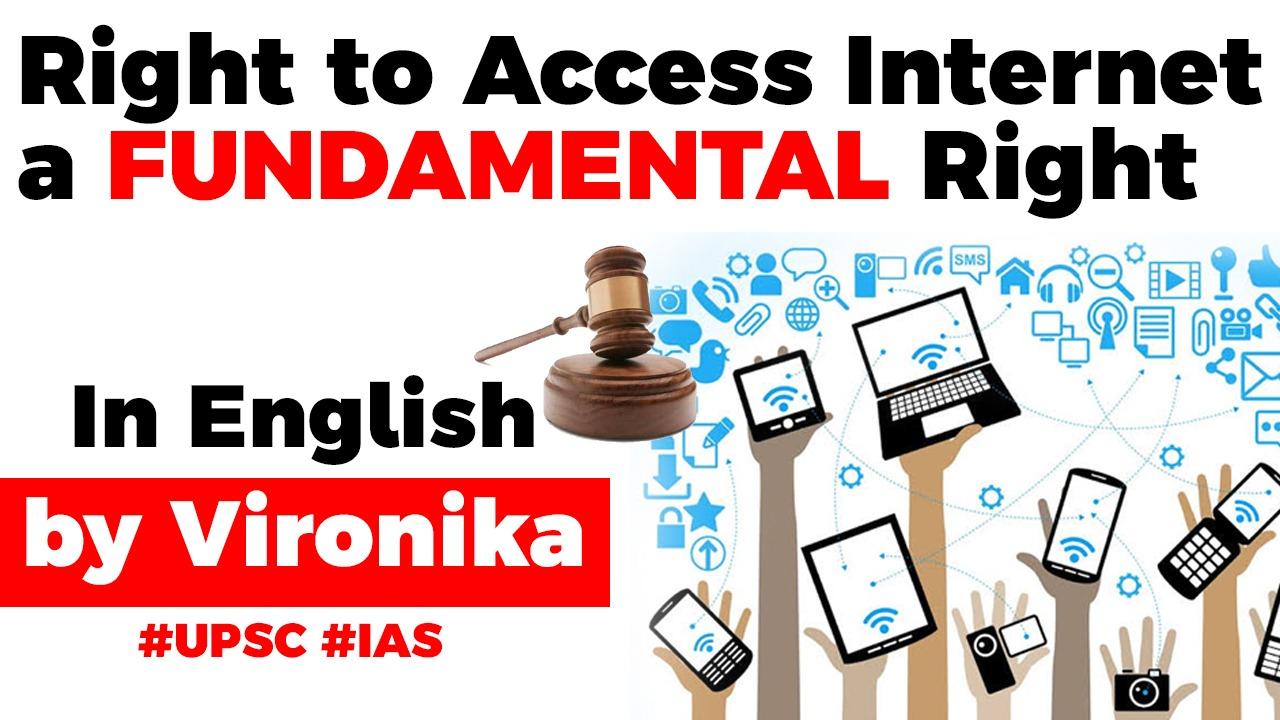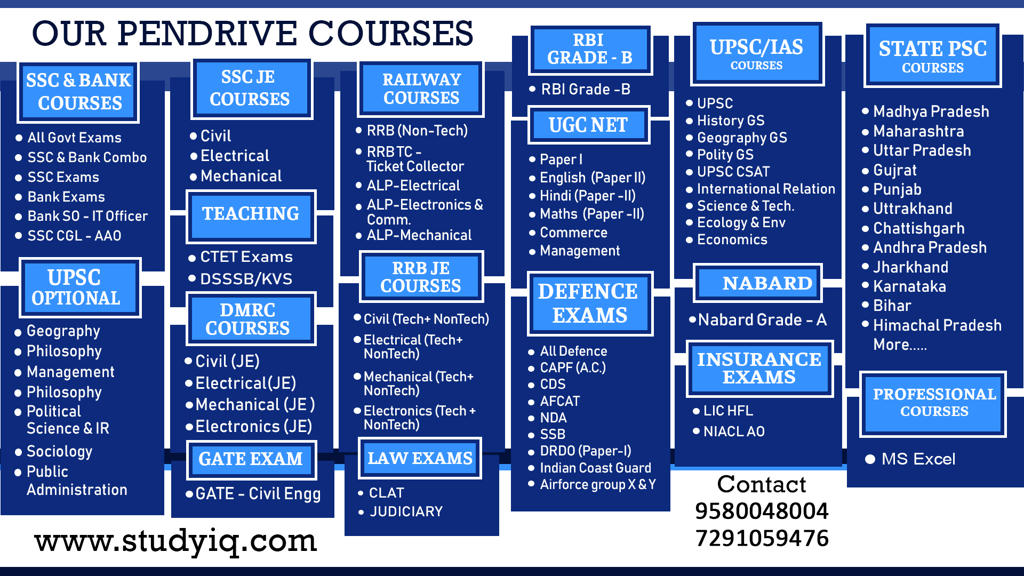Table of Contents
Context
- The Kerala High Court held that the right to have access to the Internet is part of the fundamental right to education.
- As well as the Right to privacy under Article 21 of the Constitution.
- In Faheema Shirin vs State of Kerala, the Kerala High Court declared the right to Internet access as a fundamental right forming a part of the right to privacy and the right to education under Article 21.
Right to access Internet
- The court ordered to re-admit a student.
- The court observed that the Human Rights Council of the UN observations
- A rule or instruction which impairs the said right of the students cannot be permitted to stand in the eye of law.
- Violation of fundamental right to freedom of speech and expression under Article 19(1)(a) of the Constitution.
Restrictions on Art. 19(1)(a)
- The restriction must be justified on the anvil of necessity and not the quicksand of convenience or expediency.
- 19(2) provides for reasonable restrictions on Art. 19(1)(a) in the interests of the sovereignty and integrity of India, the security of the State, friendly relations with foreign States, public order, decency or morality or in relation to contempt of court, defamation or incitement to an offence
Digital inequality
- In recent times, several government and private sector services have become digital. Some of them are only available online.
- This leads to a new kind of inequality, digital inequality, where social and economic backwardness is exacerbated due to information poverty, lack of infrastructure, and lack of digital literacy.
Benefits
- Offering services online has cost and efficiency.
- However, in the absence of Internet access and digital literacy enabling that access, there will be further exclusion of large parts of the population, exacerbating the already existing digital divide.
Conclusion
- The courts have always interpreted Article 21 as a broad spectrum of rights considered incidental and/or integral to the right to life.
- Recognizing this right will also make it easier to demand accountability from the state, as well as encourage the legislature and the executive to take a more proactive role in furthering this right.
- Do you think declaring access to the Internet as a citizen’s right is a defensible proposition? Critically examine the statement in the light of recent judgment passed by high court of Kerala.
- What are the impact and challenges of Internet Access and Digital Literacy on Socio-Economic Development?
Latest Burning Issues | Free PDF






















 WhatsApp
WhatsApp